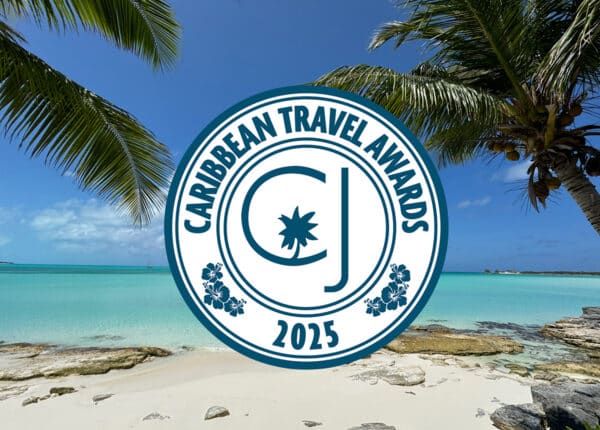How Caribbean Countries Are Getting Creative About Conservation
Protecting our shared earth is everyone’s responsibility, but many of the Caribbean islands are at risk due to the threats of climate change and sea level rise.
Determined to make a big conservation impact in the Eastern Caribbean, The Nature Conservancy launched a campaign contest with the goal of increasing the awareness and engagement necessary to protect marine and coastal environments.
Fueled by friendly rivalry, six countries competed to implement creative and unique public awareness campaigns. The campaigns are united by a regional theme “This is Who We Are”, which recognizes the shared importance of the sea in Caribbean cultures and celebrates the potential for everyone to contribute to its conservation.
Two weeks ago, I loaded my suitcases with sparkling glass trophies and headed to Dominica for the “This is Who We Are” award ceremony, where country teams presented their campaign highlights to a panel of international judges.
The presentations in Dominica revealed that the most successful and impactful public awareness strategies paired an environmental mission with entertaining, engaging activities.
If you want people to start eating a venomous, invasive fish, you better make it delicious. If you want people to get serious about trash disposal, you have to make trash collection attractive. If you want people to listen to your message, you should try teaming up with famous local artists and you’ll hear it amplified throughout the islands.
Grenada’s team, for example, partnered with fashion models to promote marine managed areas. Saint Lucian students painted ocean scenes onto trash bins to inspire people to keep beaches clean. The St Vincent and the Grenadines team painted underwater scenes right onto models, who served fried lionfish samples and encouraged eating the invasive species.
The contest also motivated every participating country to write and record an original “This is Who We Are” song, which called on their nations to protect their local marine resources.
At the end of the day, Grenada, Saint Lucia and St. Vincent and the Grenadines took home the first, second and third place trophies. All of the islands (also including Antigua and Barbuda, Dominica and St. Kitts and Nevis) will receive prize money.
When uniting instead of competing, the region can expect these campaigns to grow and impact communities throughout the Eastern Caribbean.
Before leaving Cabrits National Park, overlooking one of Dominica’s marine managed areas, the country teams collaborated to determine how to continue to educate the public about their power to protect the environment and defend our paradise.
Lucienne Cross is the Communications Manager for The Nature Conservancy’s Eastern Caribbean program. She is based in Grenada.







